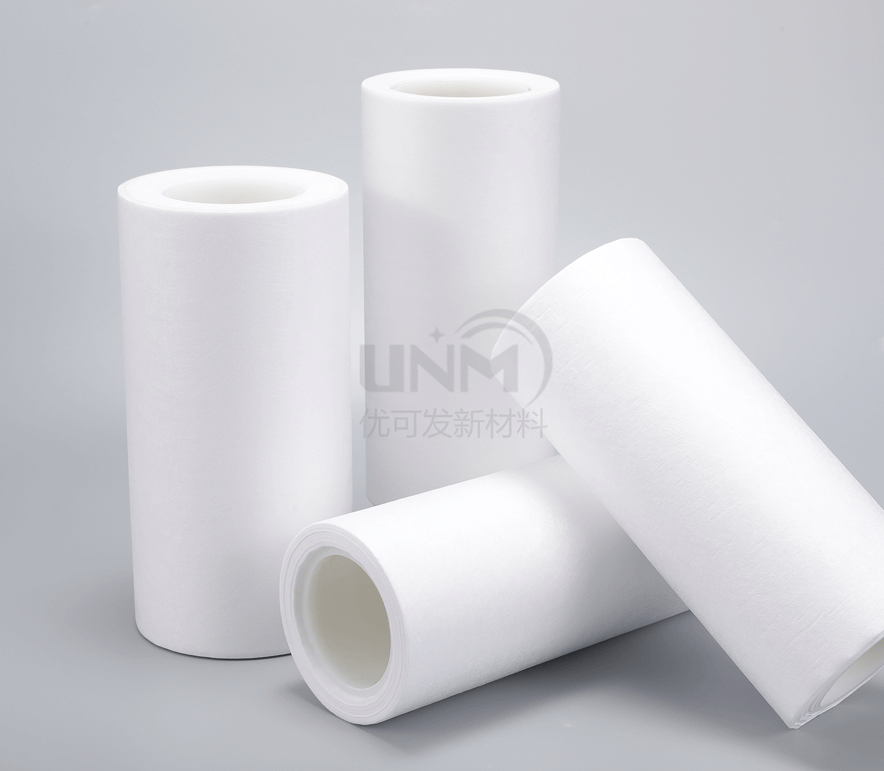Tissue culture breathable membrane is a new type of material, also known as 3D cell culture scaffold. It can provide good oxygen and nutrient permeability, and can well support cell growth and promote tissue growth, so it has broad application prospects in medicine, biotechnology and other fields.

It consists of two main parts: a polymer scaffold and a porous structure. The polymer scaffold provides a stable base structure, while the porous structure allows cells and nutrients to pass freely through, thereby supporting cell growth and tissue growth. These porous structures are typically around 100 microns in diameter and can accommodate cells and other small molecules.
Thistissue culture breathable membrane has many advantages. It can provide a good environment to support cell growth and tissue growth. Secondly, it can provide scientists with a tool to study cells and tissues, especially in drug screening and disease modeling. In addition, it can also be used in biomanufacturing, such as the production of organs such as artificial livers and hearts.
In the medical field, it can speed up the wound healing process because it promotes cell growth. At the same time, it can also be used to generate healthy skin substitutes for use in skin transplant surgeries.
In the field of biotechnology, tissue culture breathable membrane can be used for drug screening and simulation. Using it for drug screening can accurately assess the effectiveness of drugs and reduce the number of animal experiments. It can be used to simulate the functions of human organs, thereby helping scientists better understand the development process of the disease and how to deal with it.
In short, Tissue culture breathable membrane is a very promising material with a wide range of applications. With further research on this material, it will bring more innovations and breakthroughs to medicine, biotechnology and other related fields. Interested parties are welcome to enter the store and contact us.
</p






